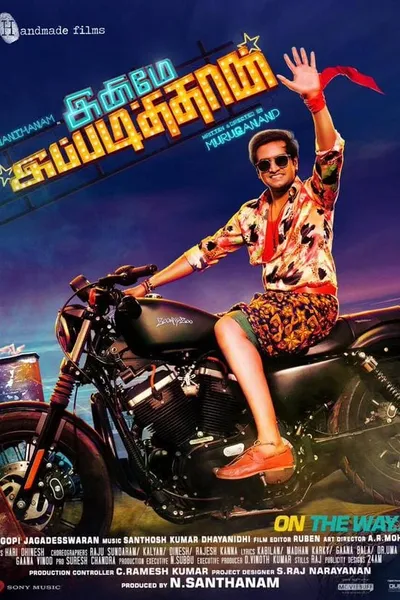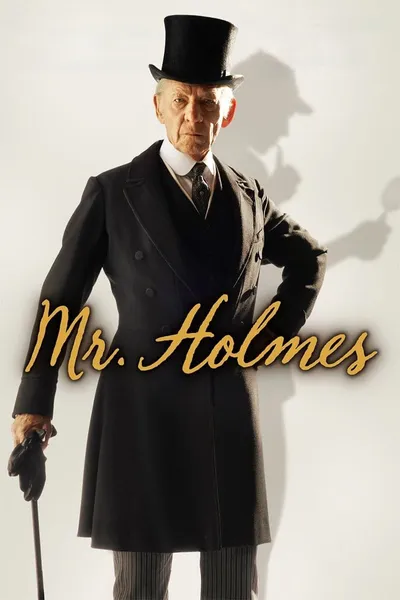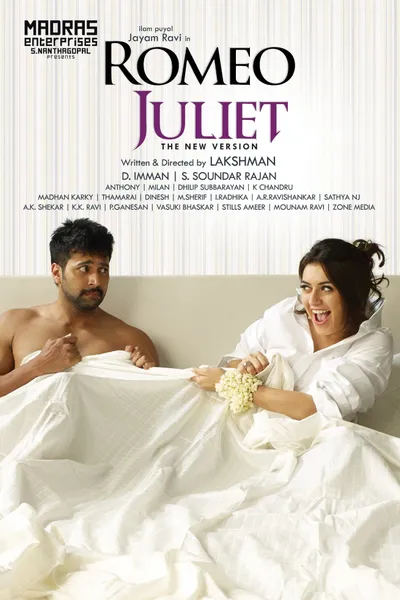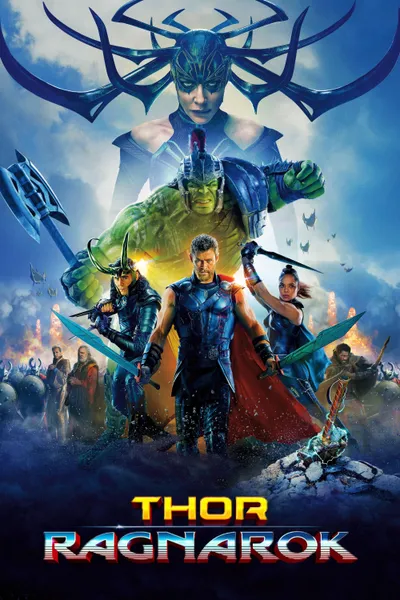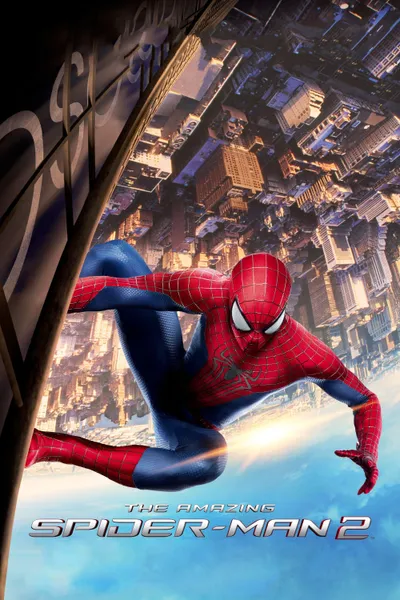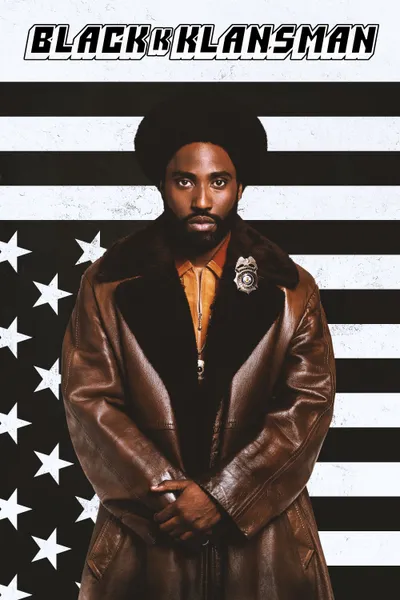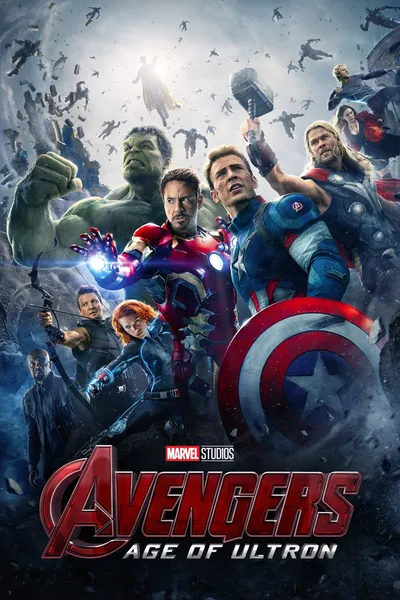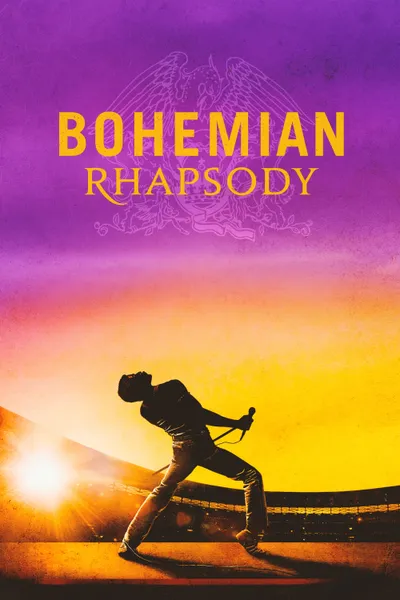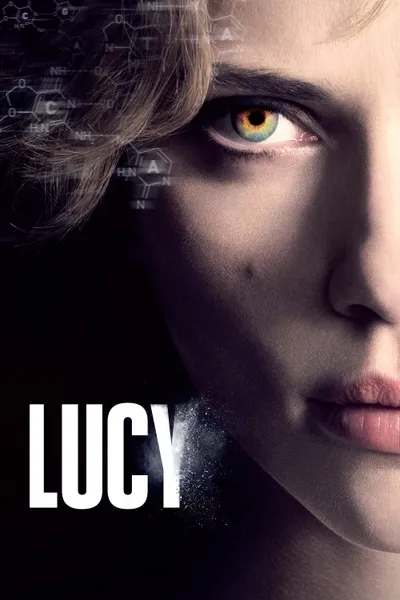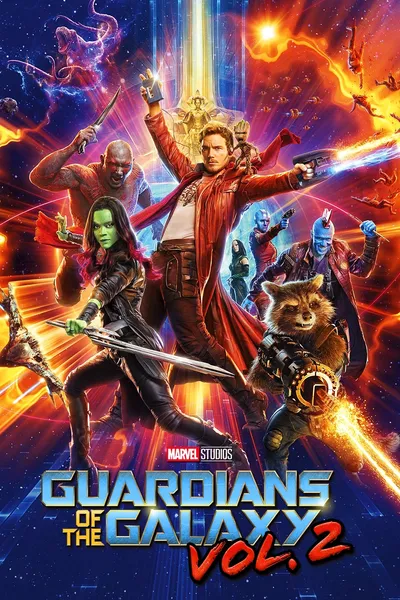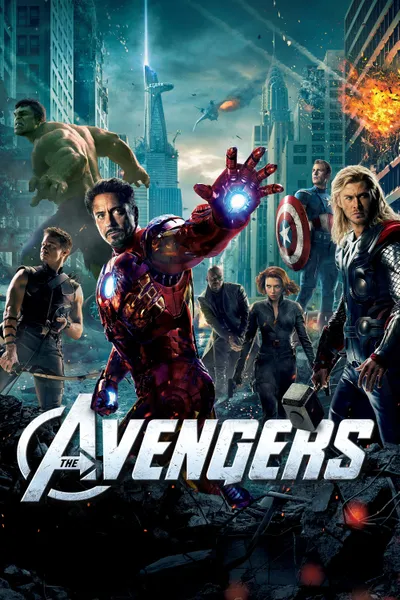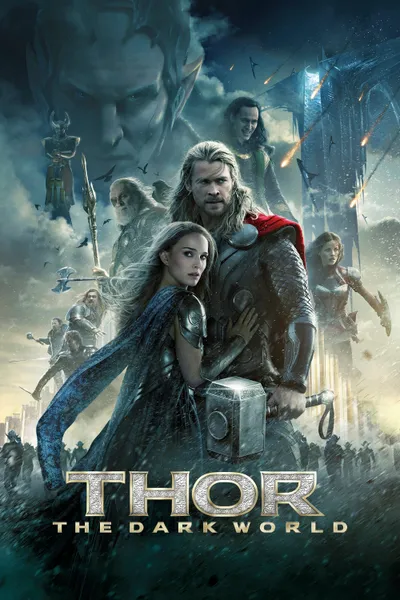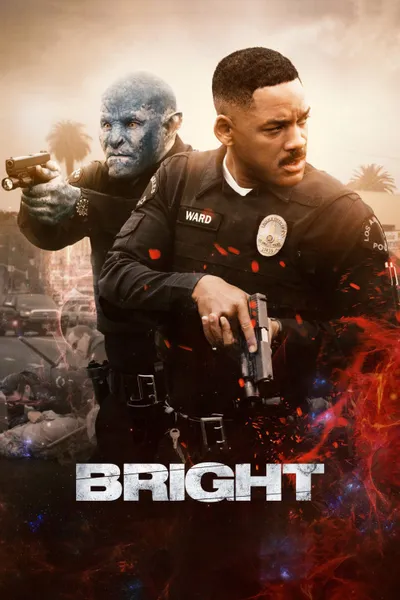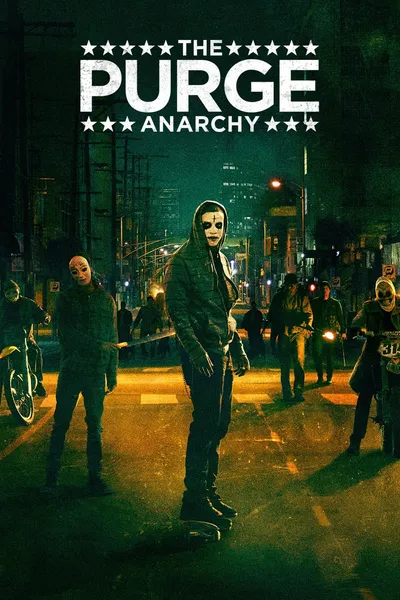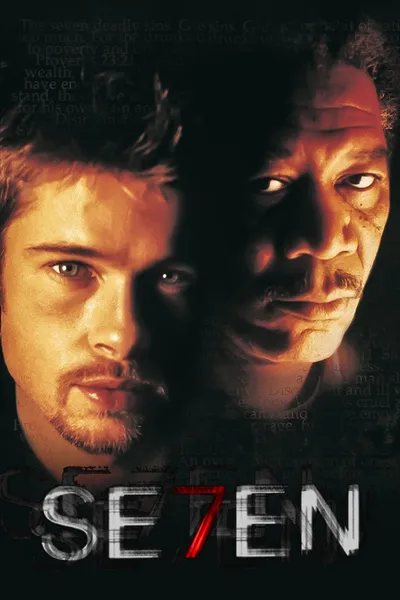Reviews
timesofindia
July 4, 20156.0
In Vallavanukku Pullum Aayudham, his first serious movie as a hero, Santhanam seemed a bit awkward. He was quite conscious during the emotional scenes and his body language still resembled that of a comedian. Also, having been used to seeing his reactions and tics in a comic context till then, it was a little difficult for us to make that adjustment of looking at him as a hero. But Inimey Ippadithaan shows that the actor is gaining confidence. He looks comfortable in the romantic scenes, he manages to convey sadness better and his physical makeover (the toned physique, the coloured hair, the sunglasses and the stylish costumes) makes it all the more easy for us to accept him as a leading man. He even gets to fight, not in mass hero manner but in thamass hero way and even gets a punchline — sirippu kaamichu dhaana paathirukka, scene kaamichu paathadhillaye. But let's not kid ourselves. He isn't going to give the Jiivas and Aryas trouble at least for the time being. Comedy is still his biggest weapon and the actor is in sparkling form in this film, which is structured to his strengths. We get the quintessential Santhanam similes, which hit their mark quite often, though there is a fair share of ridicule disguised as humour (on women, obese people, dark people and so on).
The plot is basically a retelling of what we have seen in many previous films — the dilemma of a man who is in love with a girl but is betrothed to another girl, his attempts at finding the right time to reveal the truth and set things right and the consfusion that results due to this situation. In films like Bama Rukmani and Veera, this kind of situation continues even after marriage while in films like Naam Iruvar Namakku Iruvar and Ninaithen Vandhai, things get resolved right before the marriage. Inimey Ippadithaan resembles the latter in most aspects. We have a decent young man in love with a glamorous (read bold and skirt-wearing) girl, while the one to whom he gets engaged is quite traditional (the salwar, sari type). As in that film, the hero here has a maternal uncle (Thambi Ramaiah) who knows his predicament but just complicates matters. We have a strict father who will not hear his son going against his will. We get episodes involving mistaken identities (the pre-interval scene in which Seenu talks to both Maha and Akhila on the phone at the same time) and nailbiting scenes where the hero could get caught at the most inopportune moment (Maha comes to the same restaurant in which Seenu has brought Akhila and his efforts to get away from the place without being seen by Maha) that serve as the source for the film's humour.
But because it has a comedian as the hero, the directors, Murugan and Prem Anand (who go by the screen name Muruganand), are also able to make some bold moves, most importantly in the climax, which surprisingly isn't comic — the film acknowledges that part of Seenu's predicament is also a result of his own cowardice and he has to pay for that. It is both a poignant hat tip to another comic hero and his film (K Bhagyaraj, Chinna Veedu) and redemption for the earlier politically incorrect jokes.
Recommendation Movies
Mr. Holmes2015
Romeo Juliet2015
Thor: Ragnarok2017
The Amazing Spider-Man 22014
BlacKkKlansman2018
Avengers: Age of Ultron2015
Hacksaw Ridge2016
Interstellar2014
Bohemian Rhapsody2018
Lucy2014
Guardians of the Galaxy Vol. 22017
The Avengers2012
Star Trek Beyond2016
Thor: The Dark World2013
John Wick: Chapter 3 - Parabellum2019
Bright2017
The Fault in Our Stars2014
The Purge: Anarchy2014
Star Wars: The Force Awakens2015
Se7en1995
© 2025 MoovieTime. All rights reserved.Made with Nuxt
